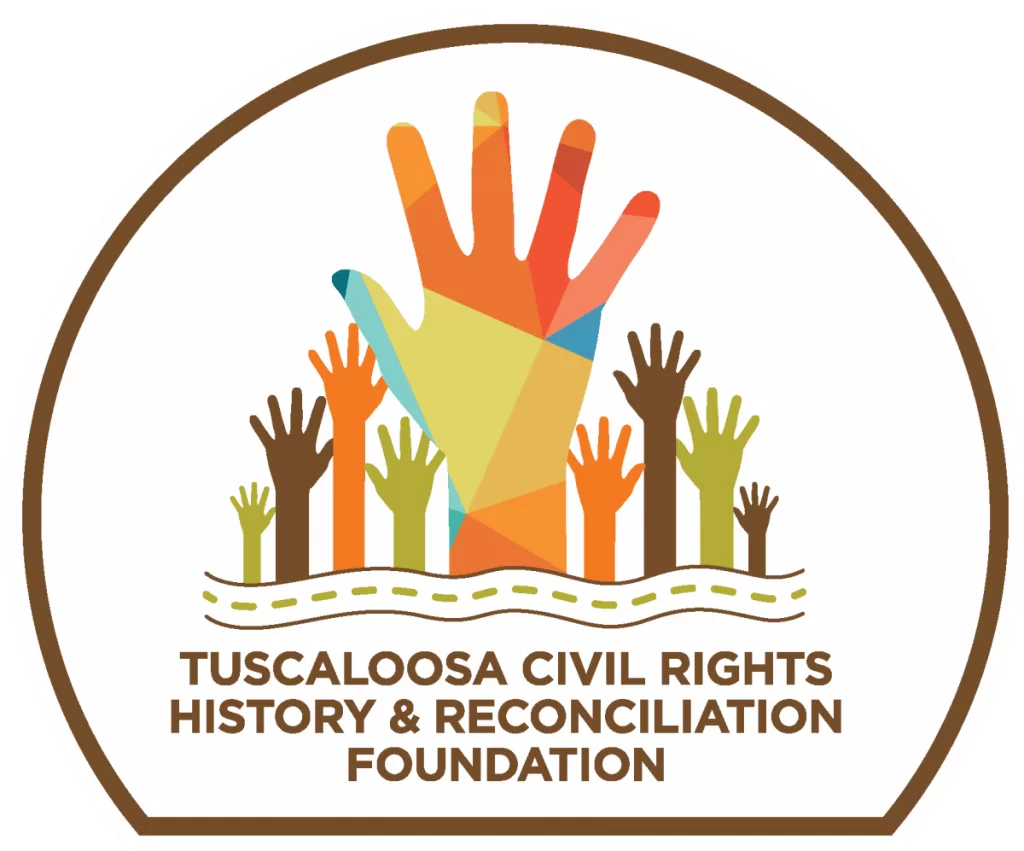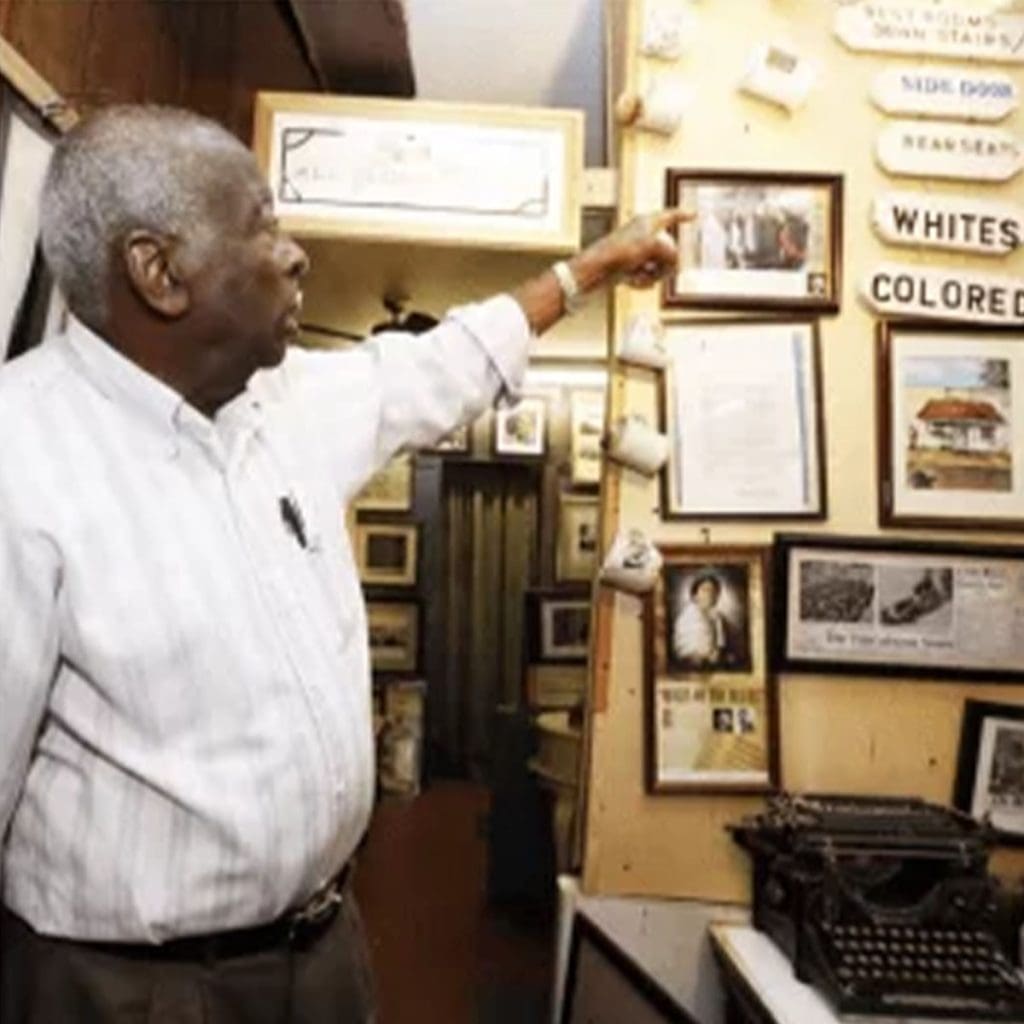The barbershop was one of the central gathering places for the black community apart from churches. In Tuscaloosa, the Howard-Linton Barbershop was a center for civil rights protest. Long-time owner and civil rights leader Rev. Thomas Linton maintained the story of the local struggle by preserving and showcasing mementos and artifacts in his shop.
Beginning in the 1950s, black ministers met here and planned their campaign for civil rights. Autherine Lucy sought refuge here after a mob of about 1,000 whites threatened to kill her as she sought to be the first black to attend the University of Alabama. Here beauticians bathed and cleaned Lucy after she had been pelted with stones, garbage, and eggs. During “Bloody Tuesday,” injured blacks lined the floors of the barbershop and sought treatment after being beaten by police. Linton himself coordinated relief efforts with Rev. Martin Luther King, Jr., and Robert F. Kennedy.
Rev. Thomas Linton played a critical role in the civil rights movement in Tuscaloosa. He worked closely with Rev. T. Y. Rogers, Jr., to direct the local movement and served on the Tuscaloosa Citizens Action Committee. Working with former Tuscaloosa Mayor Snow Hinton and civic leader Ward McFarland, Linton helped blacks get jobs at the local mall. He convinced white leaders to hire blacks as clerks and cashiers outside of the black district . The Chamber of Commerce relied on Linton for references for jobs at department stores and businesses. Linton lived his conviction that everyone–black or white–should be treated fairly.


